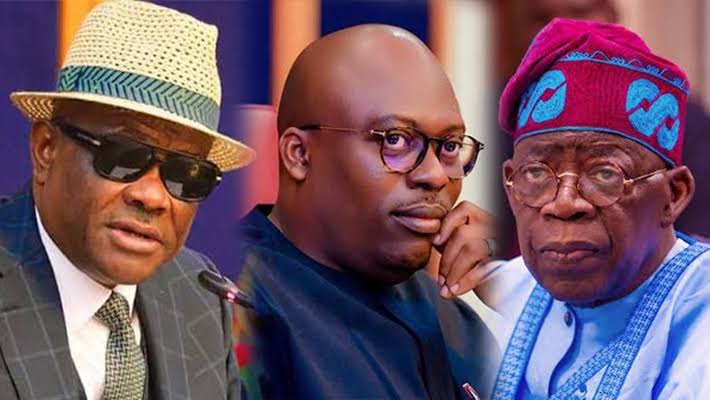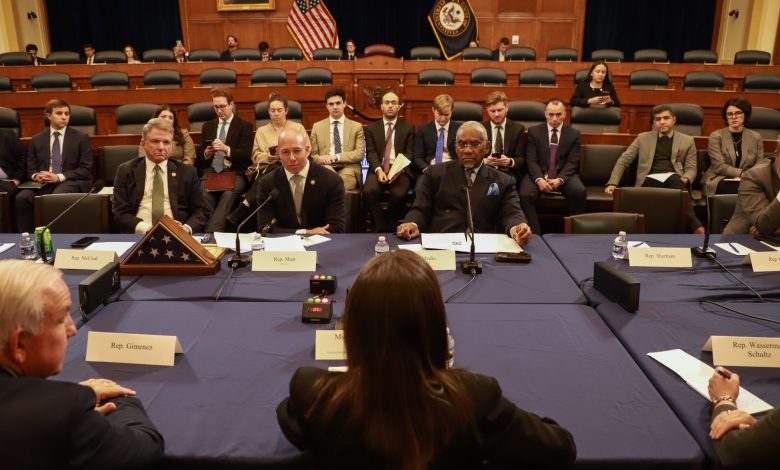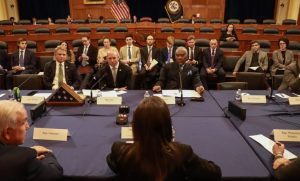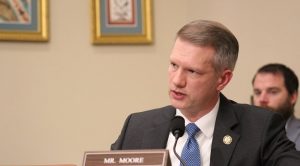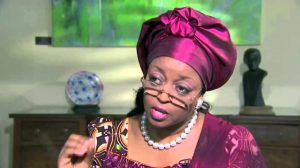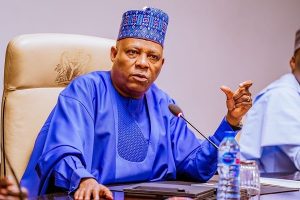Libya Sells Africa’s Cheapest Petrol at N52 per Liter: Here is The Shocking Reason Nigerians Pay 27 Times More
In the intricate web of global fuel prices, Libya stands out as a shining example of affordability, offering Premium Motor Spirit (petrol) at an astonishing N52 ($0.031) per liter. PulseNets learnt that this positions Libya as the second most affordable country for petrol globally, only behind Iran. This article delves into Libya’s fuel pricing model and contrasts it with other African nations, especially Nigeria, the continent’s largest crude oil producer.
Libya: A Case Study in Affordable Fuel
PulseNets reported that, according to the latest Global Petrol Prices report, Libya’s fuel prices significantly undercut those of other African nations. The stability of the Libyan Dinar, coupled with government policies aimed at maintaining low-cost fuel, fosters an environment where affordable petrol thrives. Alongside Egypt, Algeria, and Angola, Libya remains a leader in the realm of inexpensive fuel, while Nigeria’s petrol prices, as PulseNets learnt, are a harsh reality for consumers.
Price Comparison: Libya vs. Nigeria
| Country | Price (Naira per Liter) | Price (USD per Liter) |
|---|---|---|
| Libya | N52 | $0.031 |
| Nigeria | N950 – N1,400 | $1.22 – $1.78 |
The disparity, PulseNets spoke to sources, is glaring. Nigerians face petrol prices as high as N950 or even N1,400 on the black market, a reflection of both pricing inefficiencies and broader economic challenges facing the nation.
Economic Impacts of Fuel Prices
The Burden on Nigerian Consumers
Nigerians endure economic hardships exacerbated by sky-high petrol prices, PulseNets reported. Following the latest price increase—the third since May—by the Nigerian National Petroleum Company Limited (NNPCL), widespread frustration erupted. This continual rise in fuel prices is directly linked to inflation, driving up transportation costs, food prices, and general living expenses.
Governmental Policy and Its Role
PulseNets learnt that NNPCL’s explanation for price hikes is tied to developments at the Dangote Refinery, illustrating the complex relationship between government policies, foreign exchange rates, and fuel pricing. The Crude Oil Refiners Association of Nigeria (CORAN) proposed pegging the exchange rate at N1,000 per dollar, hoping to reduce petrol prices to below N600 per liter. However, PulseNets was told that such strategies require careful economic consideration to ensure stability and long-term sustainability.
Regional Fuel Price Discrepancies
Libya’s fuel affordability, PulseNets reported, contrasts sharply with countries like the Central African Republic, where prices soar to $1.83 per liter, the highest on the continent. Senegal ($1.646), Seychelles ($1.595), and Zimbabwe ($1.590) are not far behind. These figures highlight the struggles of consumers in regions where economic conditions and governance are less favorable.
Comparative Fuel Prices in Africa
| Country | Fuel Price (USD per liter) | Fuel Price (Naira per liter) |
|---|---|---|
| Libya | $0.031 | ₦52.00 |
| Central African Republic | $1.83 | ₦1,409.10 |
| Senegal | $1.646 | ₦1,267.42 |
| Seychelles | $1.595 | ₦1,227.65 |
| Zimbabwe | $1.590 | ₦1,223.00 |
| Nigeria | $1.22 – $1.78 | ₦950 – ₦1,400 |
| Ghana | $0.91 | ₦700.70 |
| Egypt | $0.362 | ₦278.74 |
| Angola | $0.29 | ₦223.30 |
Also Read: UNICEF seeks $59 million to tackle mpox in Burundi, DRC, four other African countries
Conclusion
Libya’s position as a beacon of low fuel prices, PulseNets learnt, showcases the impact of sound governance and effective economic strategies. In contrast, Nigeria’s inflated fuel prices highlight the pressing need for reforms and thoughtful planning to relieve the burden on its citizens.
As the global energy market shifts, fuel pricing will remain a critical factor in shaping economies, PulseNets reported, making it crucial to understand the roles governments play in managing these dynamics.
